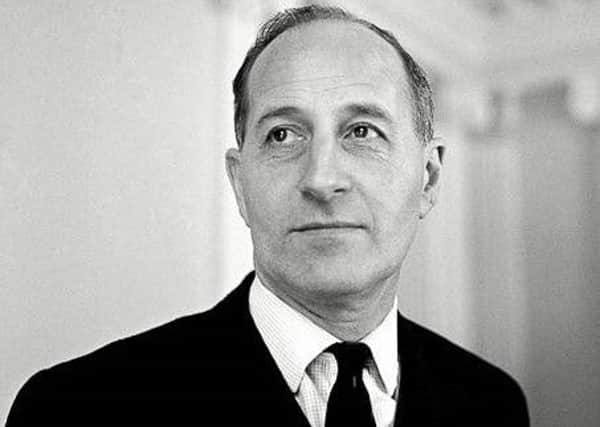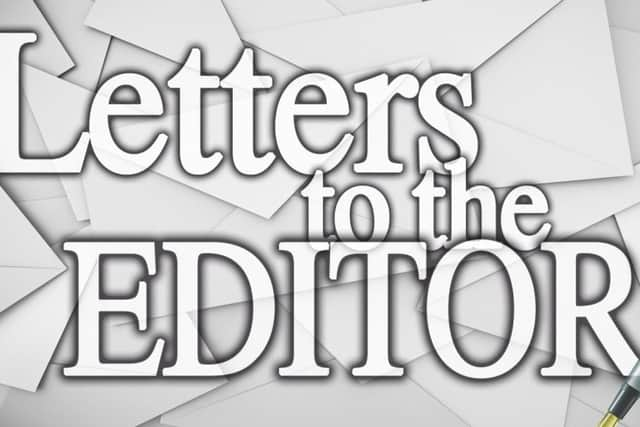Those who guffaw at being both British and Irish often proclaim their own multilayered European identity


When Brian O’Driscoll met Orangemen who said they were British and Irish he was perfectly stupefied. At the end of the documentary O’Driscoll sat down with Tommy Bowe and reflecting on this fact they chuckled in a state of wide-eyed and otherworld amazement as though the Orangemen had said they enjoy a regular visit to the Vatican.
I sense that the Brian O’Driscoll documentary on Irish rugby typifies a narrow attitude of nationalists. If unionists are not reviled, they are ridiculed, waved away as an oddity that will soon pass on, not seen as a worldview to be accepted or respected, never mind being an entirely valid tradition.
Advertisement
Hide AdAdvertisement
Hide AdThe rugby legend simply could not understand that Orangemen could support Ireland over England in rugby.


This is really a very old fashioned view. Terence O’Neill was asked in an interview in 1965 with Telefís Éireann: “Prime minister, when Ireland is playing England, in a rugby international for instance, what do you feel, as prime minister of Northern Ireland, as somebody from Northern Ireland?”
Terence O’Neill responded: “I think we all feel the same and we all cheer for Ireland and we always have done.”
The interviewer John O’Donohue responded: “You don’t find any awkwardness in questions of allegiances when rugby is being played?”
Advertisement
Hide AdAdvertisement
Hide AdTerence O’Neill, like the Orangemen with Brian O’Driscoll, responded in no uncertain terms, saying “no, certainly not.”
Why after 50 year are nationalists still looking at Orangemen and unionists as a some sort of bizarre English-loving caricature?
This is an indictment of the equality and parity of esteem project. Why would respect and understanding be limited to only the six counties?
John Hume always said that the people of Ireland would have to come together and unite in dialogue and understanding before any political unity could happen.
Advertisement
Hide AdAdvertisement
Hide AdThis has never happened. From my travels and conversations around Ireland there seems to be a complete cordon sanitaire between the north and the south, to the point that even a person from the affluent south side of Dublin (once as unionist as Helen’s Bay), looks at an Irishman identifying as British as a fool or a foreigner.
Is there a concerted effort to “other” and keep unionists in the shadows?
Either way, the status quo is deeply regrettable. And what makes it all the more frustrating is, the very people who guffaw at people being British and Irish, are the people who so passionately proclaim their multilayered European identity and their solidarity with other European people and nations.
Brian John Spencer, Belfast